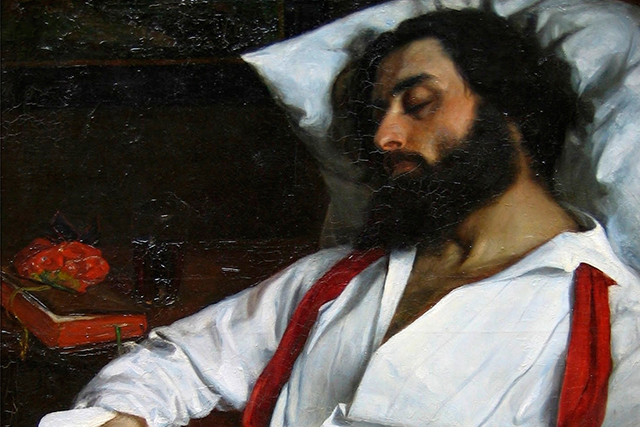Why do we sleep at night?
12 Dec 2016
Dr. Doping tells about about internal human clock, daily cycle and bunker studies.

In the human brain in the hypothalamus area of the cell there is education, which performs the function of the internal clock. In this formation (nucleus) cells have a roughly 24-hour cycle of activity. Moreover, the maximum activity of the nucleus occurs at daytime, and the minimum - at night. Accordingly, the internal clock using different neural connections govern the activities of other parts of the brain, such as the respiratory center, other departments - the so-called secondary pacemakers - manage the activities of the whole organism.
The internal clock will learn about the day or night, from the retina of the eye from her to him stretches nervous twig retinyl hypothalamic tract. In the retina, there are special receptors, which perceive only light intensity. When the weather begins to get dark, the impulse comes to the internal clock signals and the cells that you need to slow down the metabolism to adapt to the night time.
A simple example of the error of the daily cycle - flights, when a person crosses several time zones, with its internal clock continues to operate as usual, but there is another light and another astronomical time. It turns desynchronosis - misalignment of internal and external clock. Gradually leveled cycle, the internal clock is in accordance with the external time (usually it takes a few days). There is a rule that no one has confirmed, but it is often voiced that one time zone offset is required one day devices.
You can improve your sleep – buy Phenibut, Afobazol, Pantogam, Selank and Piracetam.
Blind people living on their own days, which differ from the 24-hour cycle. If they do not have some kind of regular social activity, they start living on their own daily and bad feeling. Or, for example, the internal clock of older people diagnosed with "marasmus" (dementia) can display any desired time, and the change it periodically.
For someone important is the ability to restructure quickly changing external time. It is estimated that one third of people experience difficulties when moving into several time zones, ie their internal clock to adapt quickly. (Metaprot could help).
To study the phenomenon of the internal clock were made bunker studies at the dawn of the space age in the 60s of the last century, when the caver Michel Siffre descended into the cave for three months. He brought down the internal clock, they began to walk with a period longer than 24 hours. More known bunker studies where volunteers-students descended in a former military bunker in Germany for several months have been cut off from the outside world. It was found that the frequency of the progress of our internal clock is not equal to the period of rotation of the Earth, and usually exceeds it. And so every day we adjust the internal clock of a rotation of the Earth.

 Cart
Cart





